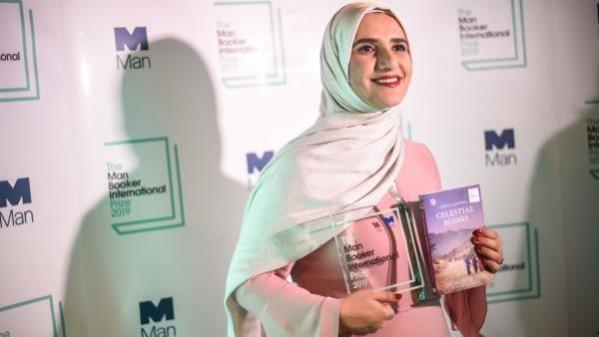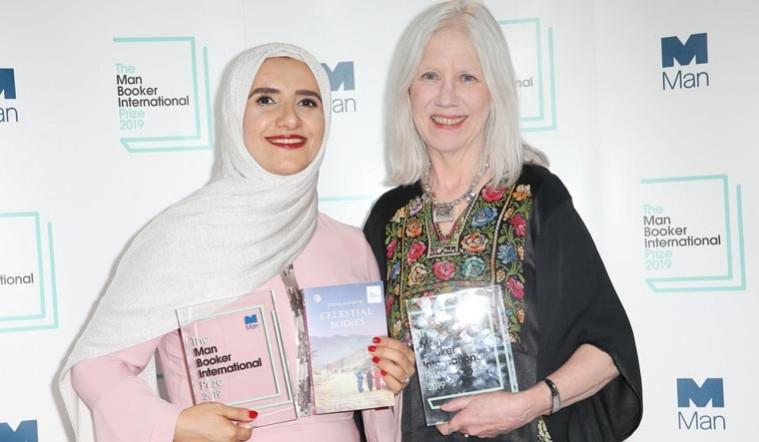
Omani author Jokha al-Harthi has become the first Arab author to win the Man Booker Prize. The 41-year-old, who wrote Celestial Bodies, has said that she will share the £50,000 prize money with her book's translator - Marilyn Booth. She is also the first Omani author to have translated her book into English.
Celestial Bodies has been called a timeless classic by critics as well as members of the jury. It is based on the story of three sisters and their struggles through which the readers can gaze into the stereotypes that are prevalent in the Arabian society.
"It is a book to win over the head and the heart in equal measure, worth lingering over. Interweaving voices and timelines are beautifully served by the pacing of the novel. Its delicate artistry draws us into a richly imagined community – opening out to tackle profound questions of time and mortality and disturbing aspects of our shared history," said Bettany Hughes, a historian and chair of the judges.
Hughes described the style of the book as a metaphor that subtly resists cliches of slavery, patriarchy, and race. The translation has been described as being perfect and lyrical, weaving in the cadences of both poetry and everyday speech.

Maya, Asma and Khawla are three sisters who belong to Al-Awfi village of Oman and are either married by choice, force or longing to meet their beloved. They see through their independent struggles and also witness a change in their homeland from a colonial era to a fairly urbane lifestyle.
"How women fare in changed circumstances and what they are and are not allowed to remember is a recurring preoccupation. Alharthi tracks the fortunes of a merchant family with a troubled past in the slave trade and concentrates in particular on the lives and destinies of sisters, Mayya, Asma and Khowla. Ranging across three generations with a crowd of voices tracking Oman's shift from a typical desert dynasty of the village al-Awafi to the urban oasis of the city Muscat, the novel is a beautifully achieved account of lives pulling at the edges of change," Michael Cronin, the director of the Trinity Centre for Literary and Cultural Translation, wrote in his review for Irish Times.
















